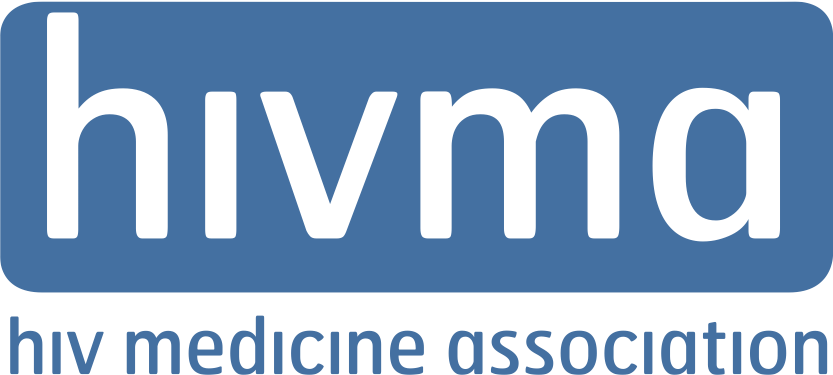House Appropriations Bills Endanger Domestic and Global ID Programs
IDSA is disappointed that the House Labor, Health and Human Services Subcommittee did not fund the Bio-Preparedness Workforce Pilot Program in its FY 2024 appropriations bill, missing an opportunity to close the widening ID workforce gap. Overall funding caps set by the debt ceiling bill precluded the opportunity to fund new programs, despite bipartisan support for the pilot. We continue to press Congressional appropriators to provide the significant investment needed to fortify the ID workforce.
We are also dismayed to see deep cuts in funding for domestic and global ID programs, including ID research, global health security and HIV efforts. While the bill includes increased funding for CDC’s Antibiotic Resistance Solutions Initiative, the bill’s stagnant funding for other key public health programs weakens our ability to care for patients, protect public health and bolster our readiness for future outbreaks and other emergencies. More information about HIV funding is available here.
Additional details on the House Labor, Health and Human Services appropriations bill and the State and Foreign Operations appropriations bill are below. It is unclear how or when the House, Senate and Administration will negotiate a final funding agreement for FY 2024. At least one continuing resolution will likely be necessary to keep the federal government open.
IDSA continues to urge Congress to provide sufficient funding in FY 2024 for ID programs.
Labor, Health and Human Services Appropriations Bill
- $207 million for CDC’s Antibiotic Resistance Solutions Initiative, a $10 million increase over FY 2023 funding
- $24 million in funding for the National Healthcare Safety Network at CDC, level funding with FY 2023 funding
- $40 million in funding for the Advanced Molecular Detection initiative at CDC, level funding with FY 2023 funding
- $5.062 billion for the National Institute of Allergy and Infectious Diseases at the National Institutes of Health, a $1.5 billion decrease over FY 2023, and $565 million for antibiotic resistance research at NIAID, level with FY 2023
- $370.772 million, a decrease of $72 million from FY 2023, for the CDC’s Center for Global Health, which includes $100 million for global health security, a $193 million decrease
- $95.162 million for NIH’s Fogarty International Center, level with FY 2023 funding
State and Foreign Operations Appropriations Bill
- $900 million cut from USAID global health security efforts, effectively zeroing out the program and leaving no additional funds for USAID efforts to bolster global capacities to prevent, detect and respond to infectious diseases outbreaks
- $2 billion for the Global Fund to Fight AIDS, Tuberculosis and Malaria, level with FY 2023 enacted levels
- $4.395 billion for the President’s Emergency Plan for AIDS Relief, level with FY 2023 enacted levels
- $394.5 million for the USAID global TB program, level with FY 2023 funding

